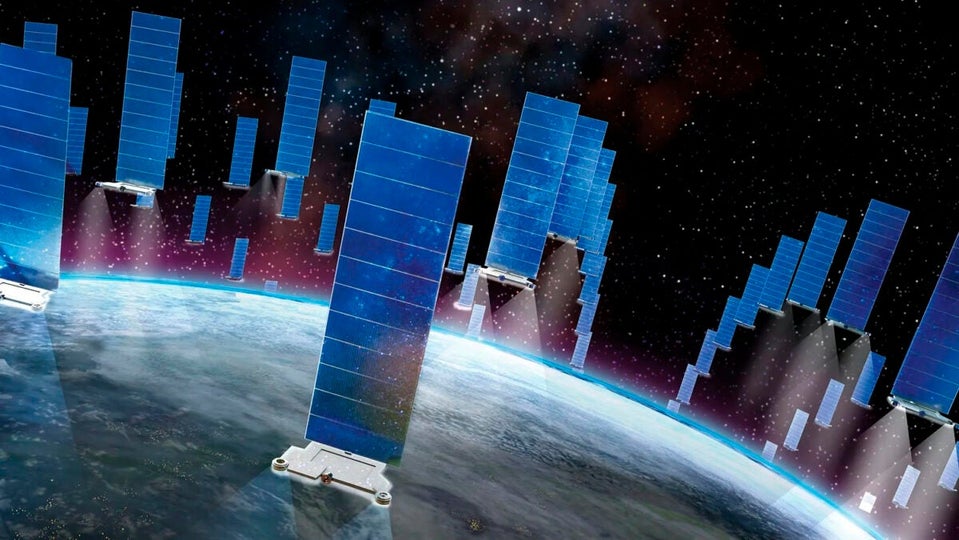Tensions between Brazil and Elon Musk have escalated even further. After the Brazilian Supreme Court decided to ban Twitter throughout the country, authorities have now turned their attention to Starlink, Musk’s satellite broadband company.
The ban on Twitter in Brazil was imposed by Judge Alexandre de Moraes, arguing that the social network allowed the spread of hate messages and disinformation that undermined the country’s democracy. This measure was supported by Brazilian President Luiz Inácio Lula da Silva, who emphasized that “the world is not obliged to tolerate Musk’s far-right ideology just because he is rich.”
The conflict between Musk and Judge Moraes is not new; it dates back to months ago, when Twitter disobeyed court orders to block those accounts accused of spreading disinformation. This led to the blocking of Starlink’s bank accounts in Brazil, after Twitter did not pay the imposed fines.
In response to this drastic measure, Elon Musk warned that he would seek a reciprocal embargo on Brazilian assets, although he did not specify how he would carry out this action. However, the situation became even more complicated after Starlink refused to comply with the order to block Twitter nationwide, leading the National Telecommunications Agency (Anatel) to consider the possibility of sanctioning the company. Artur Coimbra, a commissioner of Anatel, stated to Reuters that the agency is evaluating the possibility of revoking Starlink’s license in Brazil due to its lack of compliance.
Although Twitter has been blocked in Brazil, some users can still access it through VPNs. Moraes has threatened fines of 50,000 Brazilian reais (almost 8,100 euros) for those who use these means to evade the ban, but implementing this measure would not be an easy task.


